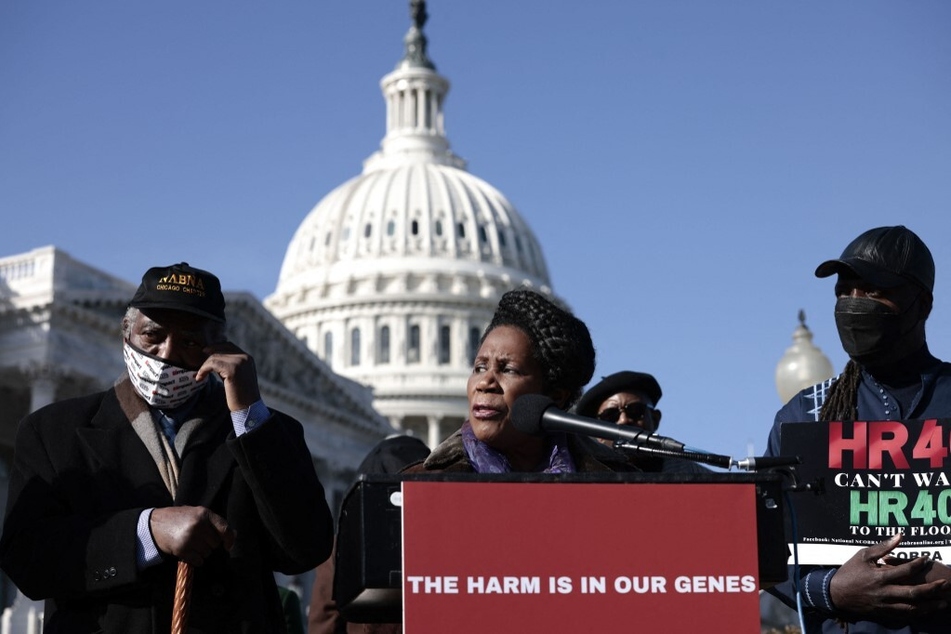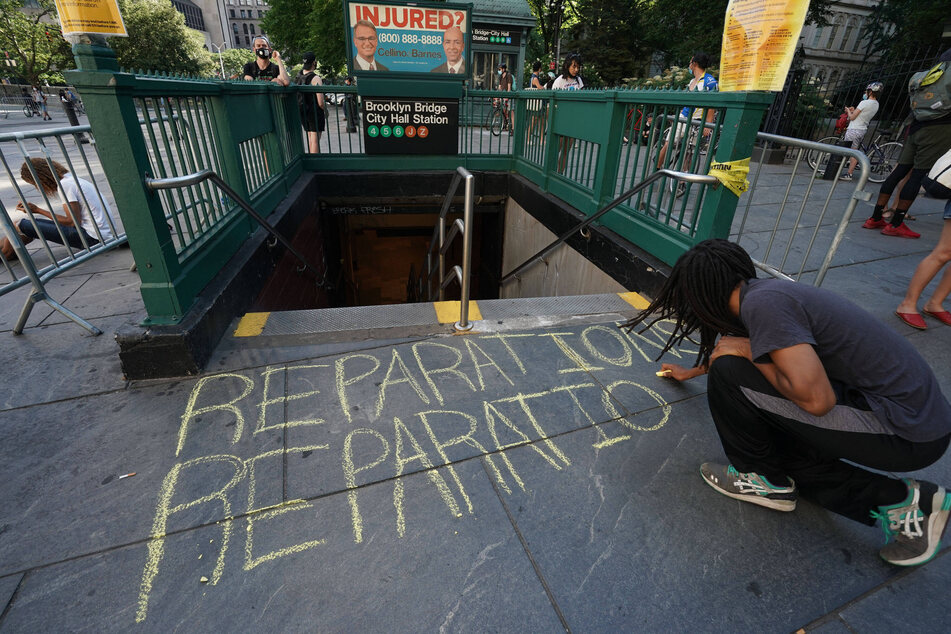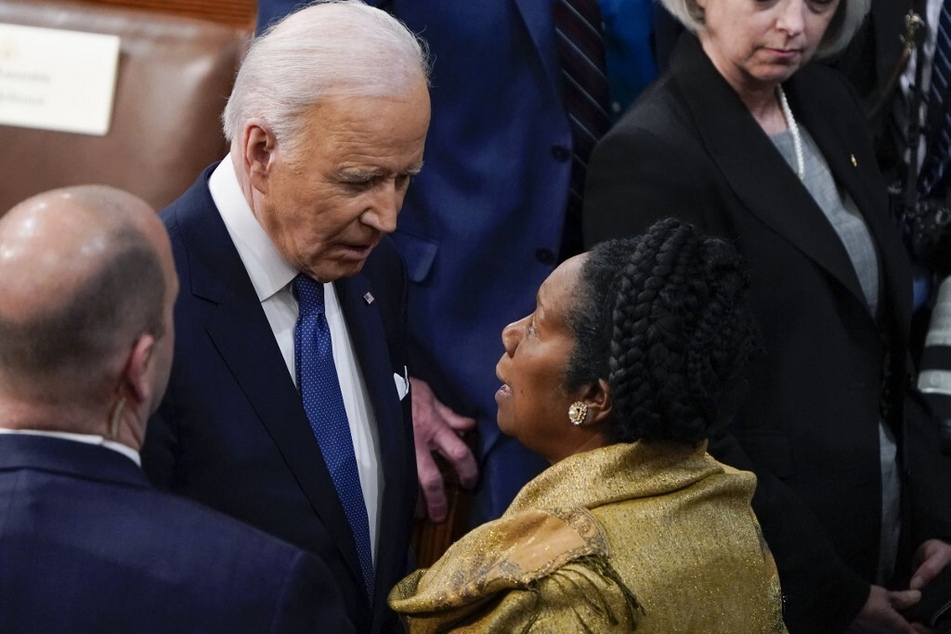Reparations activists demand Congressional Black Caucus prioritize HR 40 in first 100 days
Washington DC - Advocates from over 200 organizations sent a letter to the Congressional Black Caucus on Friday demanding lawmakers prioritize the establishment of a federal reparations commission in the first 100 days of the new Congress.

HR 40, the Commission to Study and Develop Reparation Proposals for African Americans Act, had a record 196 co-sponsors in the US House and even more confirmed "yes" votes at the close of 2022. Nevertheless, House leadership failed to bring the legislation to the floor.
Entering the 118th Congress, reparations advocates are calling for swift action on a demand more than 400 years in the making, urging the 57-member Congressional Black Caucus (CBC) to champion the cause.
"As should be recognized, African descendants in the United States have been subjected to centuries of racial terror, oppression, exploitation from the Transatlantic Slave Trade and enslavement, eugenics, failed Reconstruction, Jim Crow, War on Drugs, and ongoing racial discrimination," the letter states.
If passed, HR 40 would compel the federal government to acknowledge and develop policy proposals to address the legacy of historic harms and present-day racist policies that continue to impact Black Americans.
Marked disparities in wealth, income, education, health, incarceration rates, and more are the tangible results of the United States' failure to account for generations of racial abuses – a cycle of injustice reparations advocates are fighting to break.
Popular and political support for Black reparations is on the rise

Popular and political support for a reparations study commission has grown considerably in the aftermath of George Floyd's slaughter in May 2020.
The Democratic National Committee reaffirmed its support for a reparations commission in March 2022. A group of US senators, led by Cory Booker, officially called on President Biden to establish a commission by executive order in June 2022. The United Nations in August 2022 declared that the time is now for a US reparations commission to be formed.
Black voters have also indicated their desire for action, naming reparations as their single most important issue in a CBC poll from July 2021. All the while, the movement for reparatory justice in the US has expanded across racial, socioeconomic, regional, and faith-based lines.
The latest letter to Congress calls on CBC members to follow the will of the people they represent and make reparations a top priority in their legislative advocacy.
Reparations advocates lay out two-pronged strategy for success

Even though a reparations commission was listed as a tenet of the 2020 Democratic Party Platform and Biden's 2020 presidential campaign, politicians have failed to deliver on that promise.
That's where the CBC can step up efforts toward a commission, following a two-pronged strategy: (1) fighting for the passage of HR 40 in the House within the first 100 days of the new Congress and (2) exerting pressure on President Joe Biden to enact a federal reparations commission by executive order.
HR 40 was reintroduced in the House this session by its lead sponsor, Texas Representative and CBC member Sheila Jackson Lee, on January 9 with 52 original co-sponsors.
Not only would a swift passage of HR 40 in the House add additional pressure on the Biden administration to act, but it is also what African Americans are due, advocates believe.
"Had it not been for the African American/Black vote, President Biden’s success for a 1st term as president would have been questionable," the letter says.
"Black people have been the backbone to the growth and wealth of this nation and of the global economy, and justly, should be recipients of its fruits," the letter states. "Black people can’t achieve equity without the United States acknowledging the historical past and materially addressing past and present harms. Reparatory justice is a must."
Cover photo: Anna Moneymaker / GETTY IMAGES NORTH AMERICA / Getty Images via AFP

